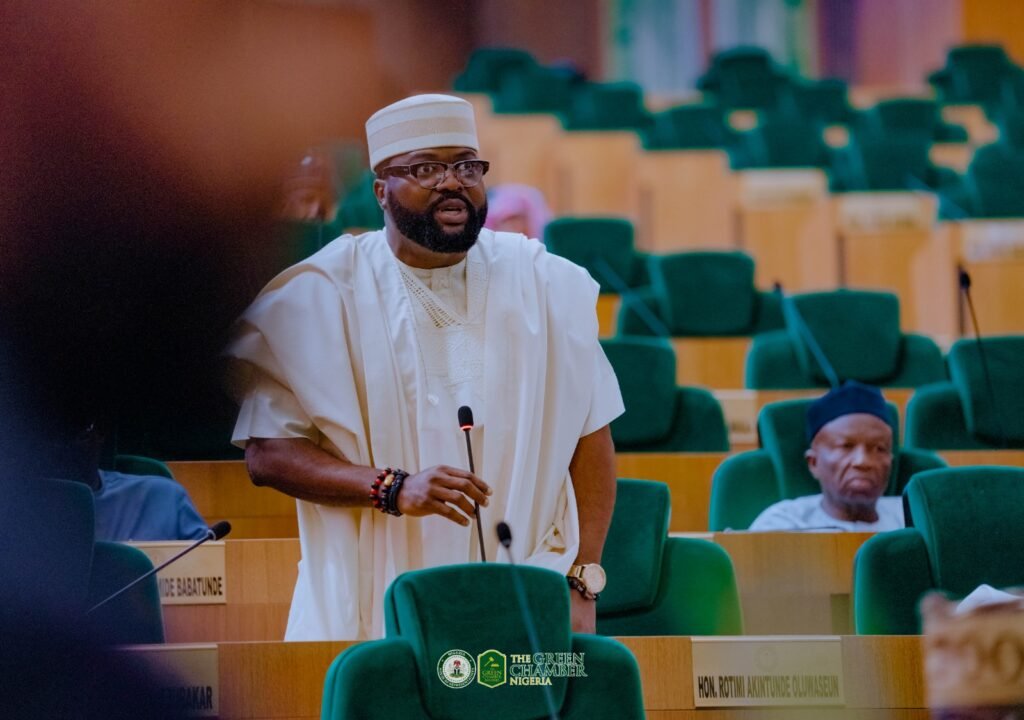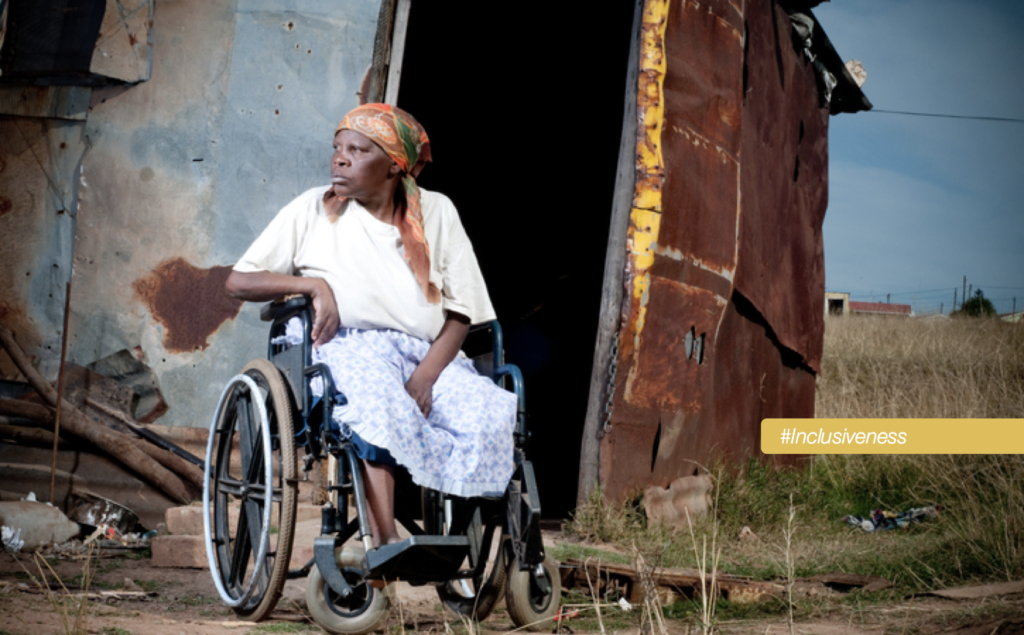As part of the ongoing constitutional reform efforts aimed at promoting inclusive governance in Nigeria, a groundbreaking bill has been introduced by Hon. Akintude Rotimi in the National Assembly to alter the 1999 Constitution to provide for six special seats in the House of Representatives. These seats are designated for historically underrepresented or marginalized groups in Nigerian politics—Persons with Disabilities (PWDs), Women, Youths, Senior Citizens, Indigenous Peoples/Minorities, and Civil Society Organizations.

If passed, the bill will add a new Section 48A to the Constitution, expanding the composition of the House of Representatives and institutionalising a platform for these groups to contribute meaningfully to legislative processes. This initiative reflects Nigeria’s commitment to international obligations such as the United Nations Convention on the Rights of Persons with Disabilities and the Sustainable Development Goals (SDG 5 and 16).
Advocates of the Bill argue that this is not merely about increasing numbers but improving the quality of Nigeria’s democracy through inclusion, equity, and representation. By granting legislative access to groups with unique experiences and needs, the National Assembly is taking a step toward crafting laws that reflect the country’s diverse realities.

The success of this Bill hinges on a collective will among lawmakers and support from civil society and the general public. If enacted, it will mark a pivotal shift in Nigeria’s legislative culture and offer a model for participatory democracy on the African continent.











